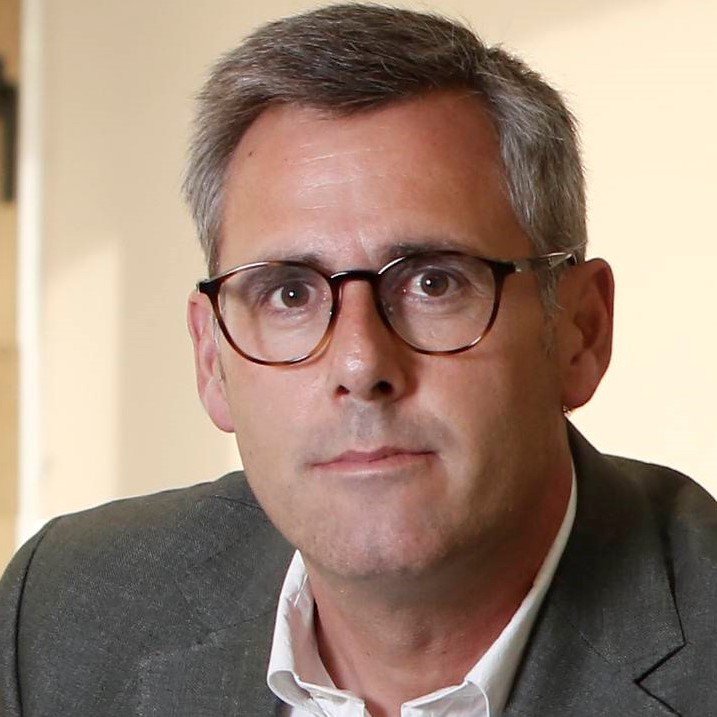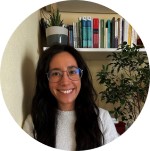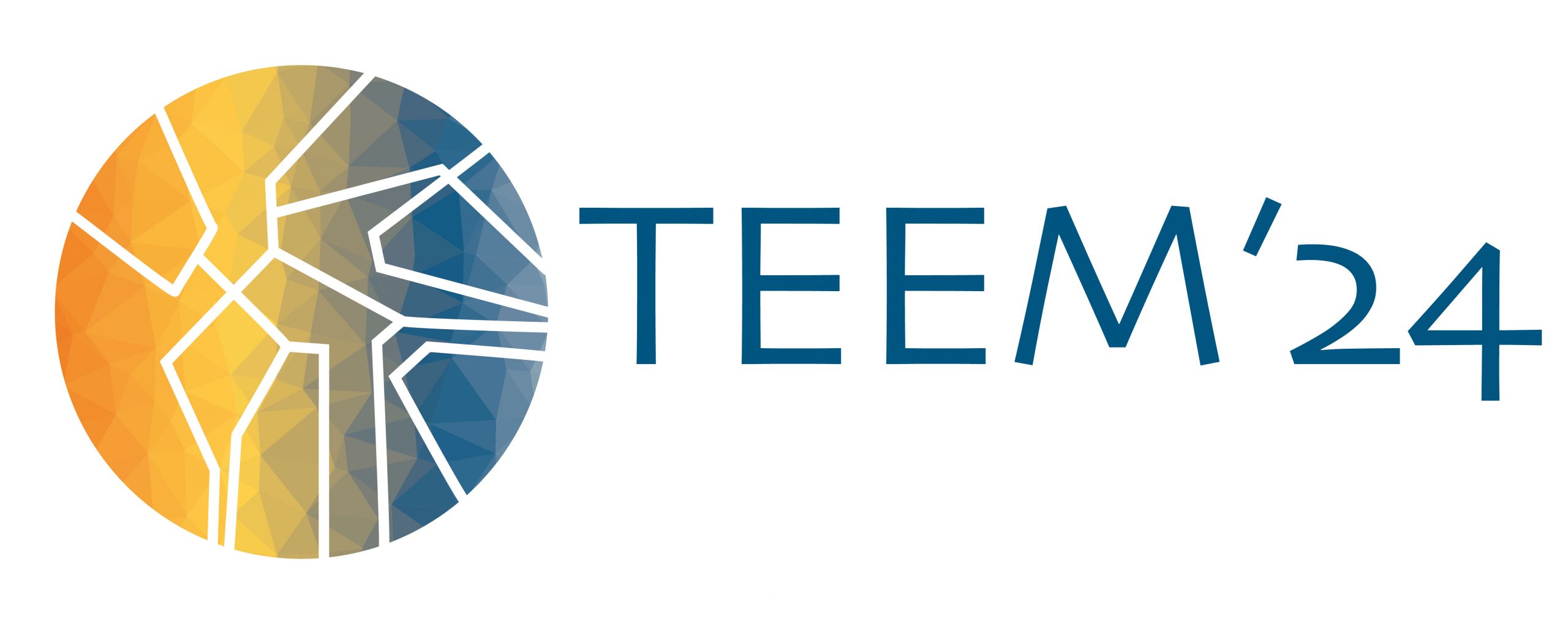Track 11. Identity and Education. Identity Construction Processes in Hyperconnected and Natural Ecosystems
We live in a technology-driven society, where nothing escapes the hyperconnectivity generated by the latest technological artifacts and devices, more commonly referred to as screens. This reality is transforming our ways of thinking and communicating making an impact on the scenarios where subjects carry out their own identity configuration and development. Firstly, hyperconnectivity, as a structural phenomenon and cultural characteristic, begins to be a very noticeable reality impacting our forms of action and interaction, in the processes of identity construction. This need to be always connected has led us to live through a screen, in an OnLife world. Secondly, we are increasingly living away from contact with nature, which results in a wide range of behavioral problems, known as nature deficit disorder. This confluence between a vital natural environment, and an artificial digital environment, causes a duality in our development where possible conflict arises when the technological environment, rather than a culture is an object that produces addiction and loss of the sense of self and, on the other hand, it breaks with the vital need of human connection with its natural environment. In this line, this track aims to study the processes of construction, destruction and re-construction of the OnLife self and the impact that this phenomenon has in the externalization of our public self and the deficit of nature. We are looking for proposals that make the ways in which people’s identity can be affected by the use of the screens and the nature deficit disorder.
Topics
- Children, youth and screens
- Leisure, nature and technology
- Learning in virtual and natural environments
- Nature Deficit Disorder
- Use of Technology and school
- Education policy and technology
- Identity construction in a hypertechnological world
- Digital identity and elderly
- Gerontechnology
- OnLife learning processes
- Contexts, mechanisms of constructing human experience
- Technological fix to restore the human-nature bond
- Educative innovation: discourses and practices
Track Scientific Committee
Alberto Sánchez Rojo, Universidad Complutense de Madrid, Spain
Alicia Murciano Hueso, Universidad de Salamanca, Spain
Bárbara Mariana Gutiérrez Pérez, Universidad de Salamanca, Spain
Bianca Thoilliez Ruano, Universidad Autónoma de Madrid, Spain
Clara Romero Pérez, Universidad de Sevilla
Cristina Mesquita, Instituto Politécnico de Bragança, Portugal
Eduardo Vila Merino, Universidad de Malaga, Spain
Elena Pacetti, Università di Bologna, Italy
Fernando Gil Cantero, Universidad Complutense de Madrid, Spain
Francisco Esteban Bara, Universitat de Barcelona, Spain
Jesús Ruedas Caletrio, Universidad de Salamanca, Spain
Juan García Gutiérrez, Universidad Nacional de Educación a Distancia, Spain
Luciano Carlos Mendes de Freitas Filho, Universidade Federal do Rio de Janeiro, Brazil
Luis Guilherme Augsburger, Universidade do Estado de Santa Catarina, Brazil
Mª María del Mar Lorenzo Moledo, Universidad de Santiago de Compostela, Spain
María do Rosário Pinheiro, Universidade de Coimbra, Portugal
Miriam Prieto Egido, Universidad Autónoma de Madrid, Spain
Rocío Nicolás López, Universidad Complutense de Madrid, Spain
Sara Serrate González, Universidad de Salamanca, Spain
Tania Alonso Sainz, Universidad Complutense de Madrid, Spain
Trevor Spratt, Trinity College Dublin, Ireland
CHAIRS:

José Manuel Muñoz-Rodríguez
Universidad de Salamanca, Spain

María Teresa Silva Fernández
Universidad de Salamanca, Spain

Judith Martín Lucas
Universidad de Salamanca, Spain
